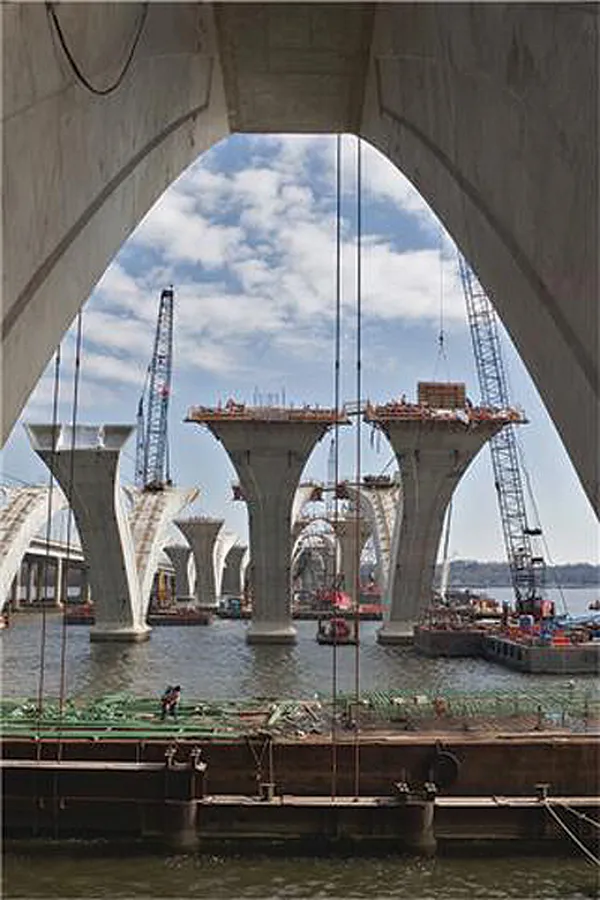The European construction contractors and equipment manufacturers associations (the FIEC and CECE respectively) are calling for increased spending on infrastructure in a bid to stimulate economic growth. “Our industry looks forward to the implementation of the right policies and incentives to nurture sustainable growth and jobs”, said Ralf Wezel, CECE secretary general, during a recent debate organised by the European Forum for Manufacturing (EFM) in the European Parliament.
May 18, 2012
Read time: 2 mins
The European construction contractors and equipment manufacturers associations (the 6164 European Construction Industry Federation (FIEC) and 3399 CECE respectively) are calling for increased spending on infrastructure in a bid to stimulate economic growth. “Our industry looks forward to the implementation of the right policies and incentives to nurture sustainable growth and jobs”, said Ralf Wezel, CECE secretary general, during a recent debate organised by the European Forum for Manufacturing (EFM) in the European Parliament.
CECE and FIEC believe that investment in transport infrastructure is necessary for growth and jobs. To strengthen European competitiveness, delivery of this much needed investment must no longer be delayed. Key moves include the revision of the Trans-European infrastructure networks.
The chairman of FIEC’s Working Group on PPPs and Concessions, Vincent Piron, stated that the construction industry strongly supports the Commission’s financial proposal amounting to €50 billion for the 2014-2020 period. Moreover, he stressed that “this amount is the bare minimum and must not be cut in the negotiations on the future EU financial perspective for 2014-2020 as has been the case in the past”.
Both CECE and FIEC agree on the urgency of securing proper levels of public investment from national and local budgets, which should be backed by the earmarking of revenues, a strong European regional policy and an ambitious lending policy from the European Investment Bank.
But FIEC director general Ulrich Paetzold recalled that, “…several major infrastructure projects have been cancelled or delayed, with the risk to Europe’s future competiveness and standard of living”. He continued that, “…as a result of the crisis, fiscal consolidation is necessary however this should not negatively impact on infrastructure investment in the discussions on the next EU multi-annual financial framework. Rekindling growth in Europe will only come with a coherent vision for long term investment in vital infrastructure”.
CECE and FIEC believe that investment in transport infrastructure is necessary for growth and jobs. To strengthen European competitiveness, delivery of this much needed investment must no longer be delayed. Key moves include the revision of the Trans-European infrastructure networks.
The chairman of FIEC’s Working Group on PPPs and Concessions, Vincent Piron, stated that the construction industry strongly supports the Commission’s financial proposal amounting to €50 billion for the 2014-2020 period. Moreover, he stressed that “this amount is the bare minimum and must not be cut in the negotiations on the future EU financial perspective for 2014-2020 as has been the case in the past”.
Both CECE and FIEC agree on the urgency of securing proper levels of public investment from national and local budgets, which should be backed by the earmarking of revenues, a strong European regional policy and an ambitious lending policy from the European Investment Bank.
But FIEC director general Ulrich Paetzold recalled that, “…several major infrastructure projects have been cancelled or delayed, with the risk to Europe’s future competiveness and standard of living”. He continued that, “…as a result of the crisis, fiscal consolidation is necessary however this should not negatively impact on infrastructure investment in the discussions on the next EU multi-annual financial framework. Rekindling growth in Europe will only come with a coherent vision for long term investment in vital infrastructure”.







